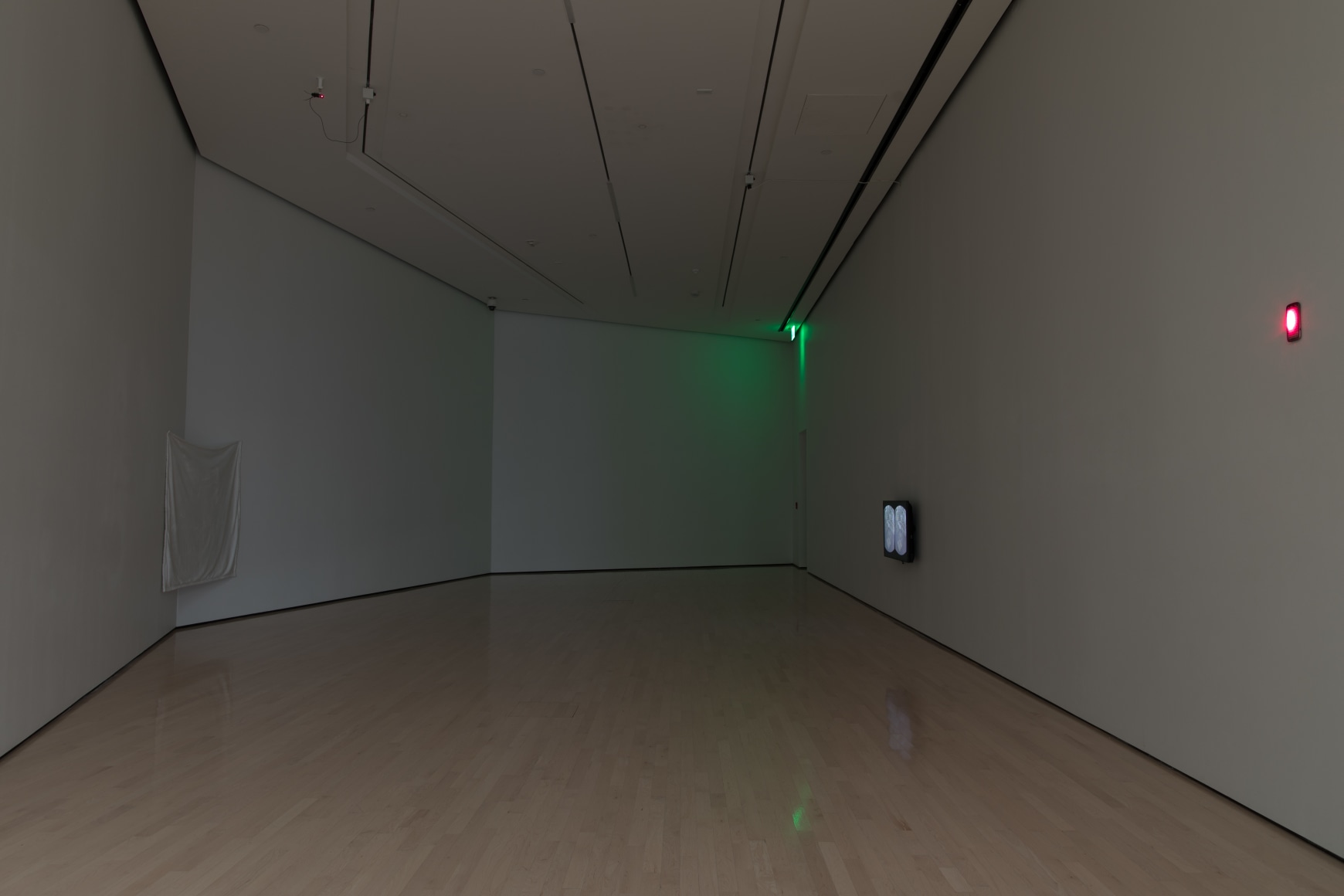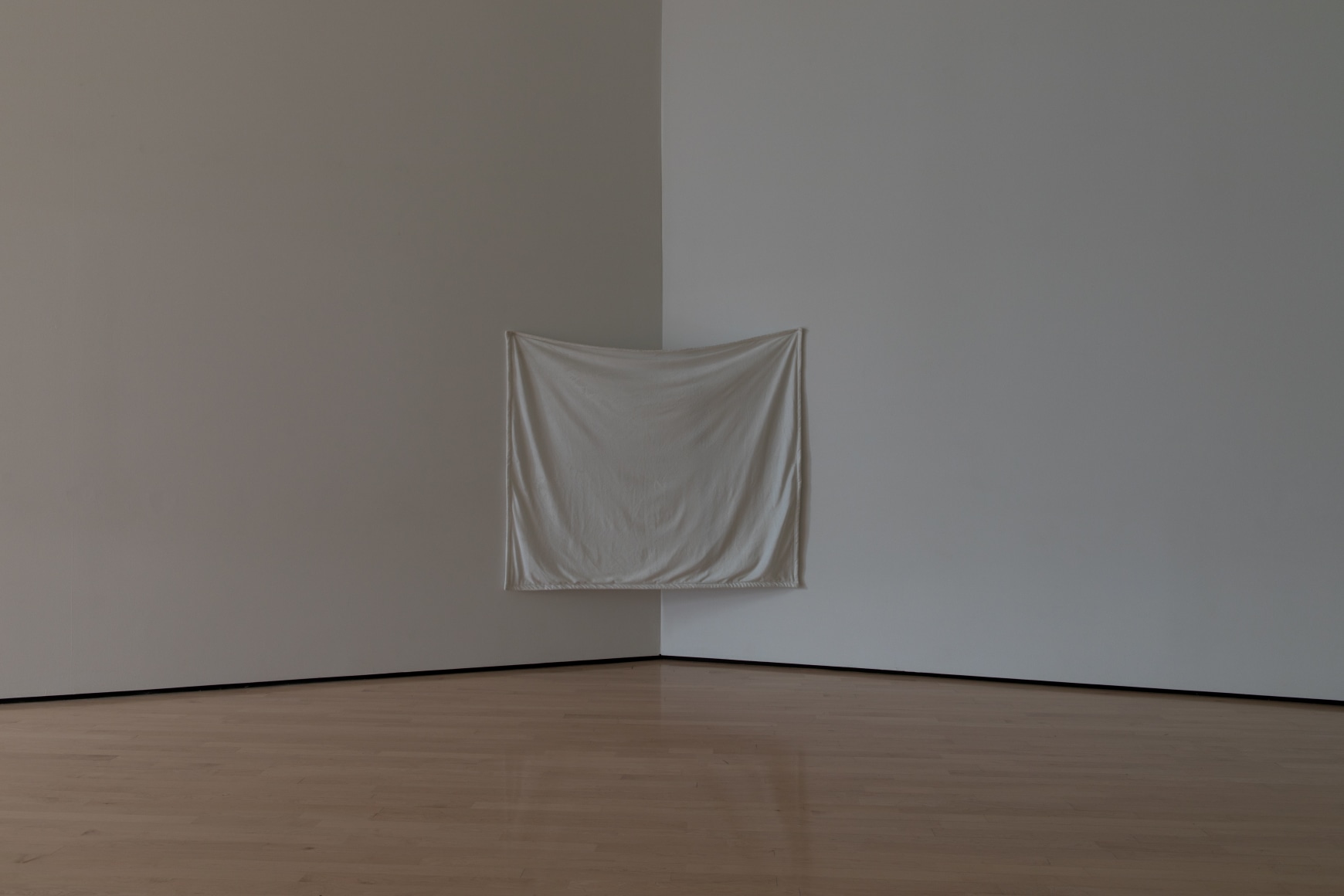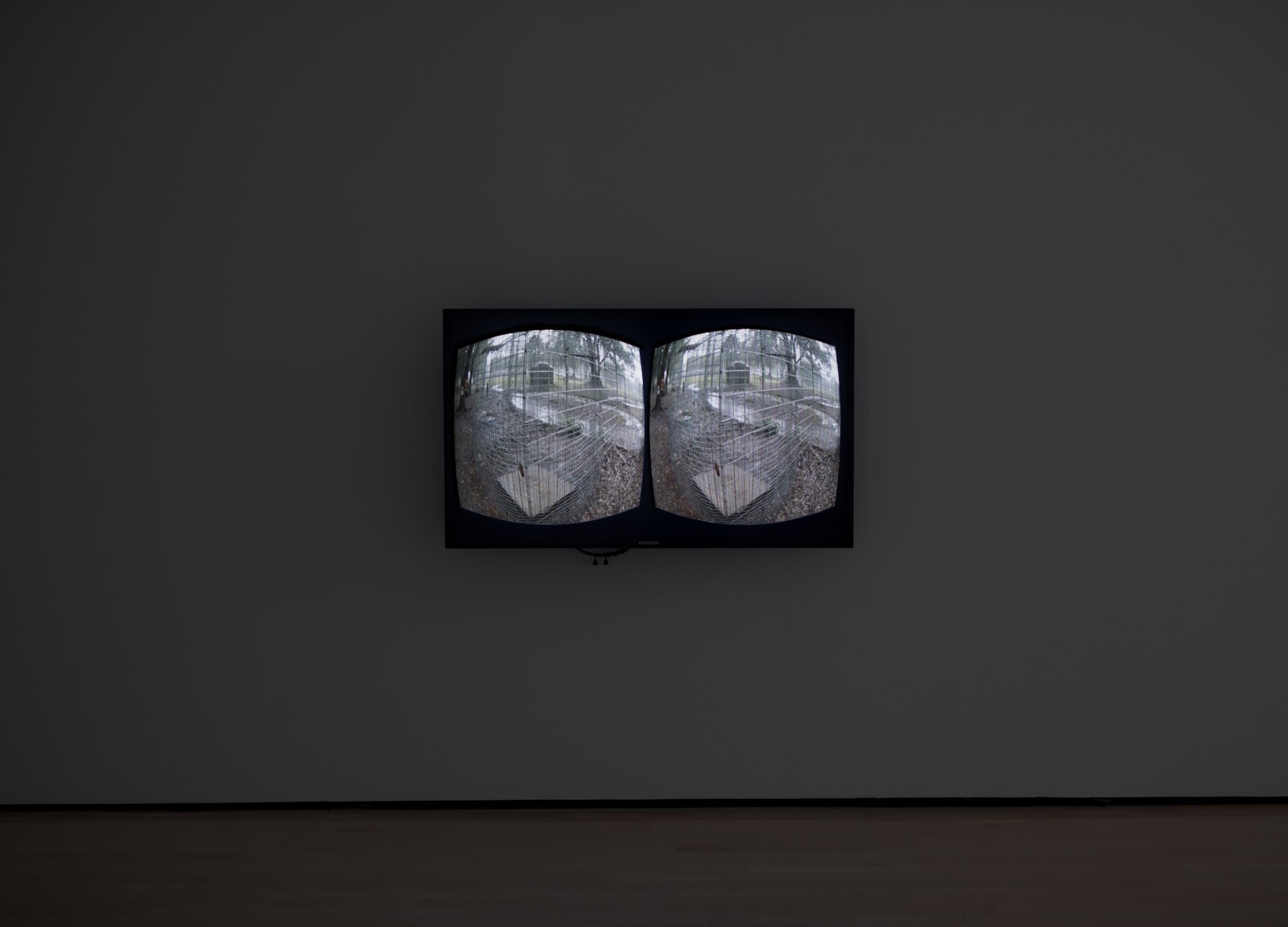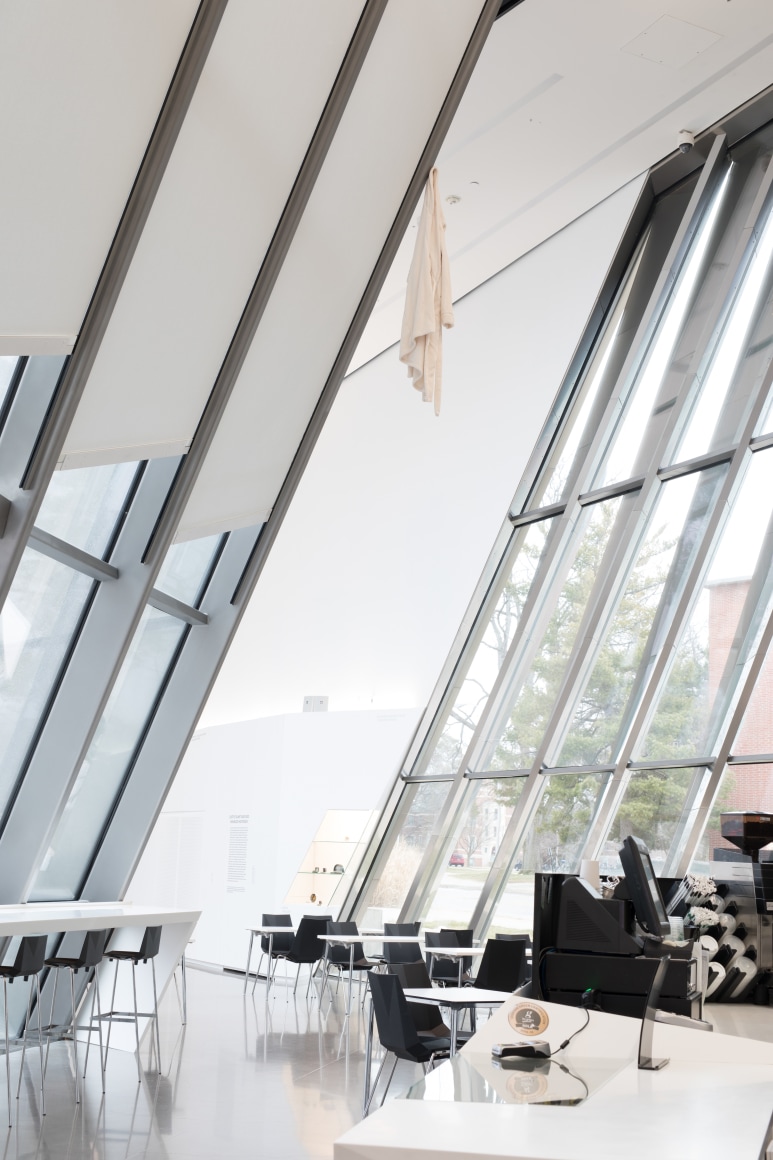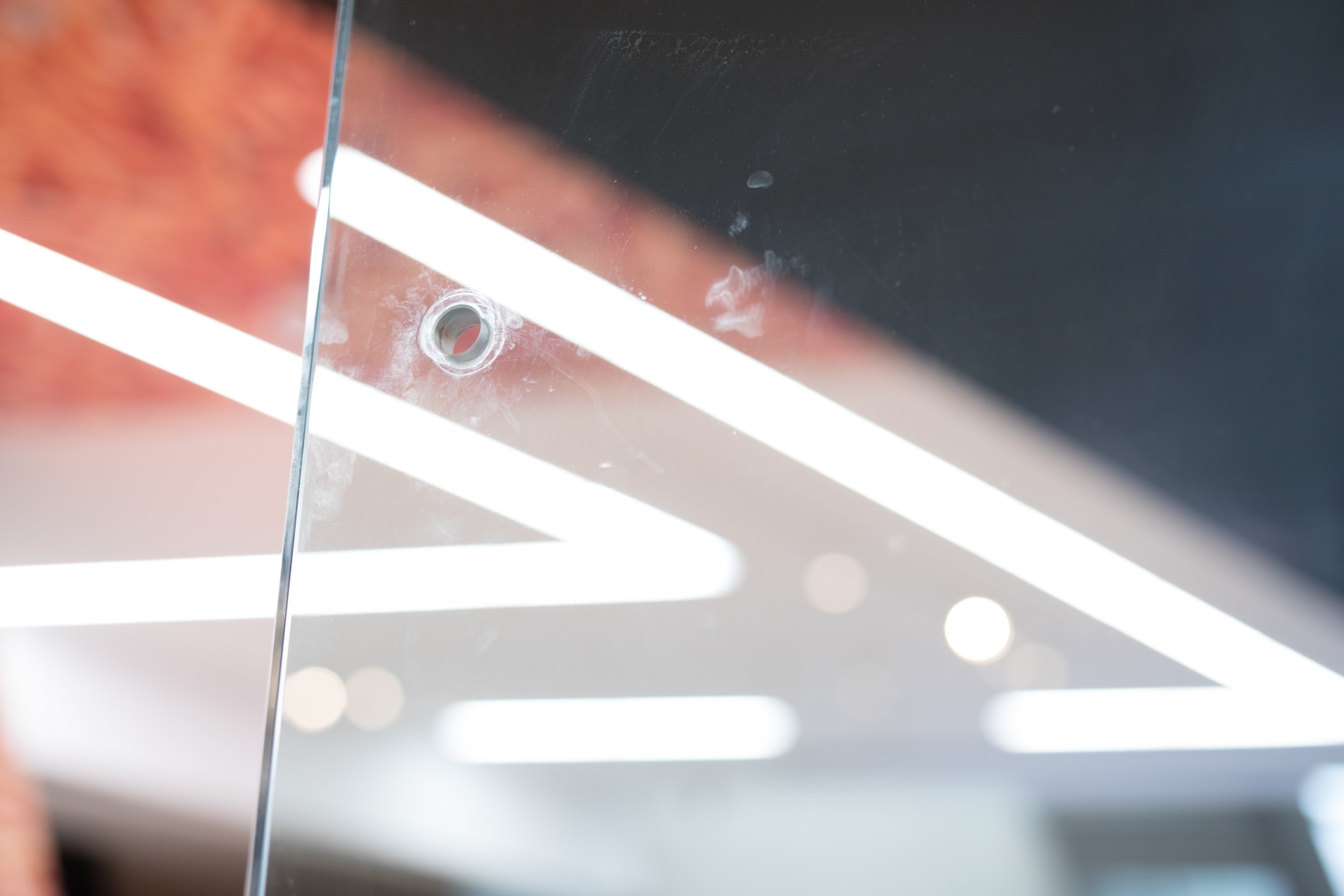Michael E. Smith (b. 1977) transforms found objects into hauntingly sparse sculptures that reveal only the most rudimentary traces of their former function. Composed of natural and synthetic detritus, the sculptures are distilled to abstract, often loosely corporeal forms that highlight the tension between our affinity for excess and penchant for wastefulness. Smith’s installations are immersive experiences, rather than straightforward presentations of sculptural objects. Careful consideration of the architectural and ambient features of the exhibition space is integral to his process, as too are the social aesthetics and politics of Smith’s hometown of Detroit, which specifically come to bear on this exhibition, the first major museum show by the artist in his native state of Michigan. The implications of economic decline are unavoidable—Smith himself experienced its legacy firsthand-yet he avoids a clichéd narrative of urban ruin. He instead continues to draw upon the city as a rich cultural and material source. The sculptures, compiled of discarded remnants from our society, at once betray an intimate history of human experience and offer a larger critical perspective on our ecological, social, and economic structures.
Field Station
Field Station is an annual cycle of projects that features work by artists at different moments in their careers. With a particular focus on new terrain, whether new work or a new direction in an artist’s practice, the series emphasizes the importance of research by offering a space for artists to develop ideas that may be in the early stages of conception or articulation. Field Station approaches art as a complex language that involves many forms and draws upon different disciplines, from engineering, physics, and agriculture to literature, history, and technology. The notion of a field station specifically points to the importance of experimentation and the idea of the museum as software—a flexible structure that is constantly expanding beyond its walls (the hardware), wherein artists are encouraged to collaborate across disciplines at Michigan State University. The exhibitions change every two months, allowing six artists to participate in each year’s program. At the end of each cycle, a publication will be produced to report the “findings” from the Field Station. The series is curated by Carla Acevedo-Yates and Steven L. Bridges, Associate Curators.
(Source)

